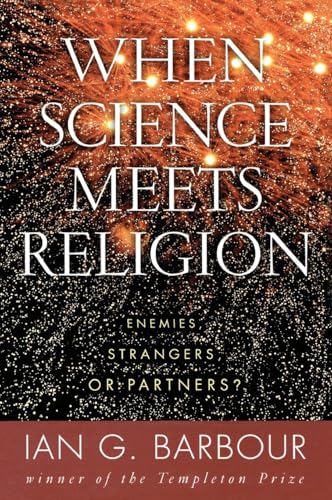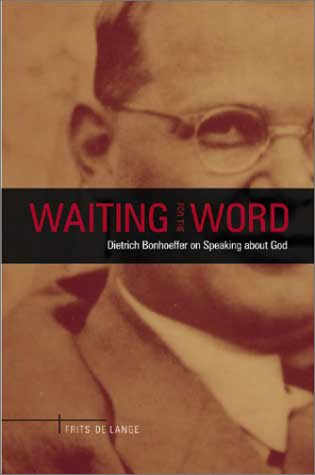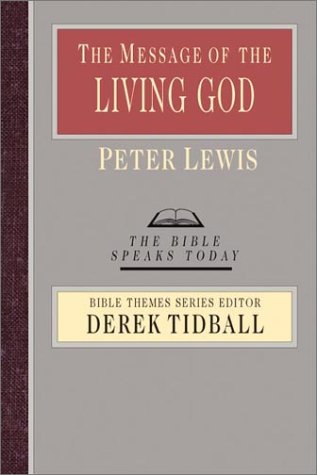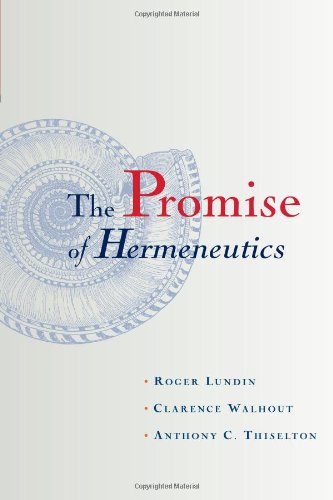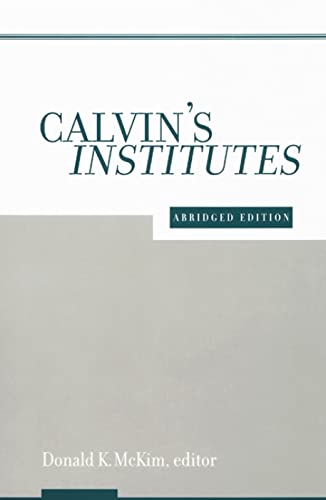Pentecostal Theology and the Christian Spiritual Tradition
Written by Simon Chan Reviewed By Sean O’CallaghanSimon Chan’s very good treatment of the modern Pentecostal movement and its role within the Christian spiritual tradition as a whole is intelligent, insightful and timely. Intelligent because he writes as one who has a firm grasp of Christian history and the very positive contributions of the Pentecostal movement in opening the eyes of the wider church to the charisms of the Spirit. He is unapologetic about the respect due to Pentecostalism as a force for renewal and as a movement which has mediated the rediscovery of the neglected Biblical truths about glossolalia and spirit baptism to the whole church. He is insightful because he writes with the perspective of a critical friend, and avoids knee-jerk reactions to recent Pentecostal dalliances with ‘Toronto blessing’ style meetings and the tendency of many Pentecostals to uncritically accept much of the Word of Faith type teaching of the so-called ‘health and wealth’ gospel. He has a keen appreciation of the need of the Pentecostal movement to cease from its wanderings and find a home for itself within mainstream Christianity. He sees the dangers inherent in the current state of affairs where a lack of effective traditioning and ‘rootedness’ has led to Pentecostalism making unwise alliances with the forces of fundamentalism and dispensationalism, not to mention unstable emotionalism. His treatment is timely because he speaks with a prophetic voice, calling the movement to think theologically rather than in terms of expediency with regards to its contemporary role in the Church of Christ. He tackles the Pentecostal preoccupation with all things new and the propensity of many within the movement to run after the latest action. In short, his message is that it is time for the Pentecostal movement to grow up and establish its credentials in relation to the Christian spiritual tradition of which it is a part, and to which it must show more than lip-service if it is to be taken seriously.
Chan’s basic thesis is that in defending Pentecostal distinctiveness. Pentecostals have only succeeded in isolating Pentecostalism from the Christian mainstream tradition. The fear that identification with the mainstream is equivalent to identifying with dead tradition rather than with what God is doing in the ‘now’, has caused Pentecostals to cut themselves off from the historical richness of the wider Christian community. The distance created as a result has, in Chan’s view, deprived Pentecostals of the interpretative tools necessary to discern the true function of areas like glossolalia. This lack of ability to fully understand the function of the gifts of the Spirit, combined with a failure on the part of Pentecostals to formulate an effective traditioning process, has led to many within the movement lacking a true understanding of the very elements which are meant to give Pentecostalism its own distinctive spirituality.
Simon Chan argues persuasively for a Pentecostal Spiritual theology, which to my understanding he posits not as an alternative to Systematic theology, but as a more effective way of producing an integrative theology. I found his discussion of both the nature and the pros and cons of Systematic theology over-long and an unnecessary digression from the main substance of the book. His discussion on Spiritual theology is, however, very insightful and makes some very worthwhile points, particularly with regards to the need for a proper trinitarian understanding of the role of the Spirit in Pentecostal theology. His comments on the Pentecostal understanding of the value or otherwise of tradition will challenge the status quo in many circles.
Chan goes on to treat comprehensively the areas of glossolalia and Spirit baptism but the constraints of a short review do not give me the latitude to deal with these areas at any length. Suffice to say that Chan draws on a very wide degree of sources to argue for what was for this reviewer at least an extremely fresh and competent reinterpretation of the place of both concepts within wider Christian spirituality.
However, for me, the most important chapter of the book is the final one. Here Chan deals with Pentecostal ecclesiology and in it he argues for a move away from the usual Pentecostal emphasis on the individual making up the church, and a move towards an understanding of the church as a formative phenomenon which acts on the life of the believer.
This book is one which Pentecostal leaders, particularly those who have national and regional responsibilities, should read and discuss, it should be the catalyst for a much wider debate.
Sean O’Callaghan
University College, Chester



